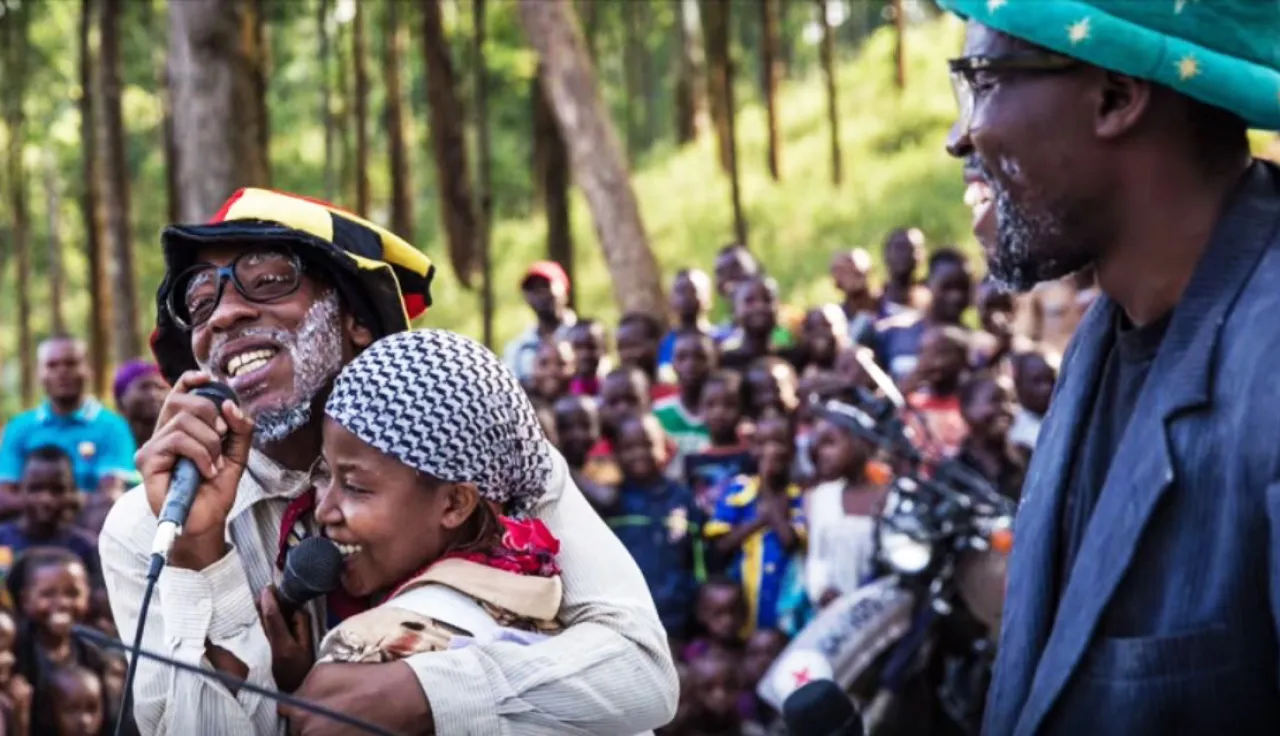In eastern Democratic Republic of the Congo (DRC), victims of sexual violence are often rejected by their communities and even their own families. They are so afraid of being stigmatized that they don't tell anyone what has happened to them and don't seek help. This can lead to serious psychological, social and medical consequences for both the individual and the community as a whole.
The ICRC runs awareness-raising campaigns involving community leaders to try and prevent the rejection and stigmatization of victims of sexual violence.
Changing perceptions and practices that have their roots in culture and traditions is no mean feat. And yet, a few months after a campaign is carried out, community liaison officers and staff at the counselling centres, who are trained and supported by the ICRC, are noticing a change for the better.
Success - fewer victims of sexual violence face rejection
In the village of Bulenga, where a campaign took place in June 2015, of the nine married women who had been victims of sexual violence and came to the counselling centre in Minova for help, only one had been rejected by her husband and forced to leave her home. Stigmatization is much more common in villages not yet targeted by the awareness-raising campaigns.
See also:




